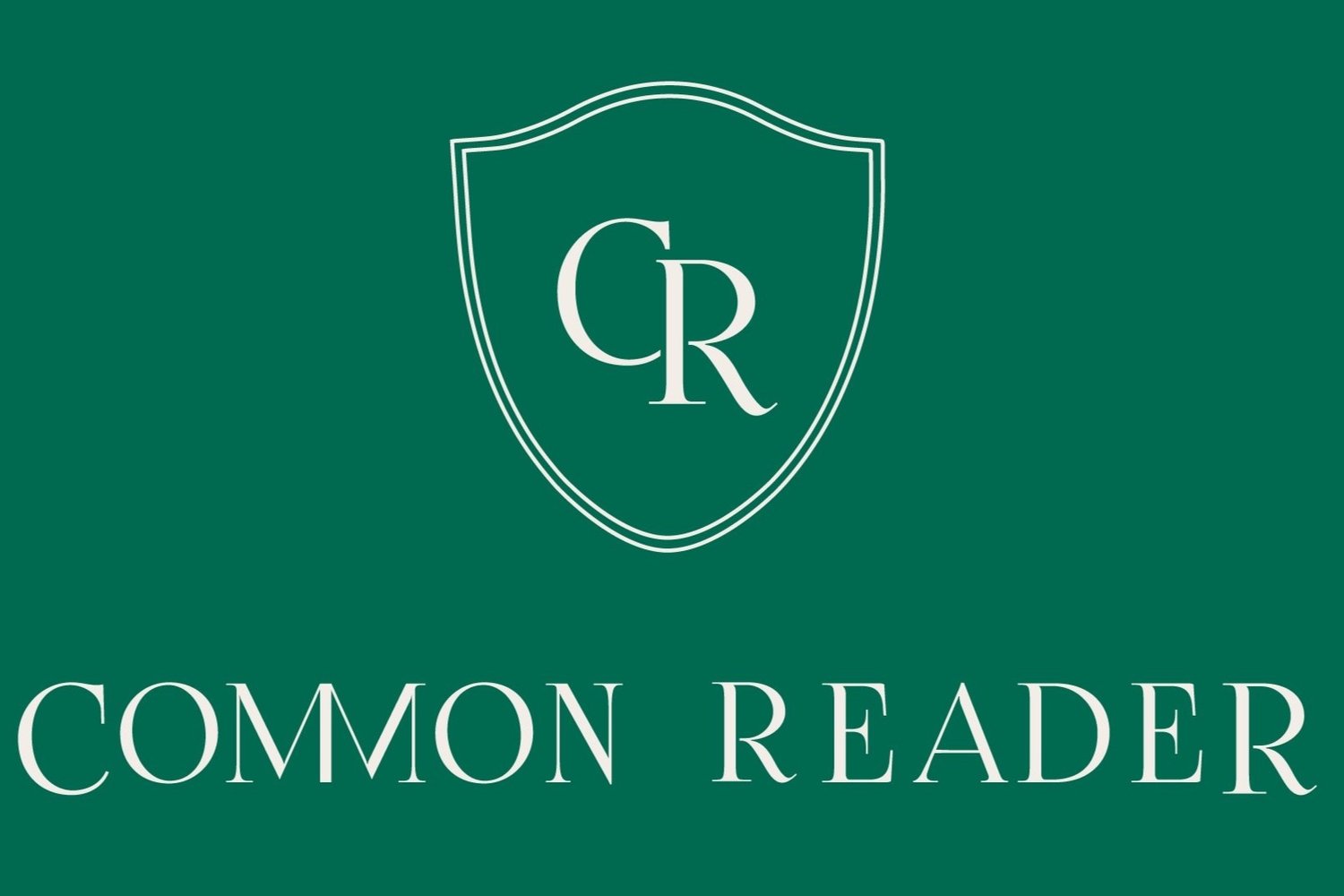
THeory & Evidence
Like to see the fine print?
Common Reader® has piled together favourites below to give an extra chapter or three to your inner teacher. The aim is to provide you with as many Australian based gems as possible.
The field of education is fortunate to be filled with stacks of cool research - but not many have the time to go through it all. Let us point you in the right direction.
Nifty Quotes.
-
Partnerships
“Teaching & learning is a relationship. One of the most important parts of it is between you & the school.” - Ken Robinson & Lou Arnica, ‘You, Your Child and School: Navigate Your Way to the Best Education’, p178
-
Boys Specifically
“From my research I have found boys’ self-worth is linked strongly to their sense of competence or achievement – or ‘did I do good?’” - Maggie Dent, ‘Helping boys cope better at school: Tips for teachers and parents’, link here
-
Valuing Parents
“Parent-education programs can be designed both to improve the literacy skills of parents as well as to enhance the learning of their children.” - Kaye Lowe, ‘Valuing Parents in the Early Reading Process’, Primary English Teaching Association Australia, link here
-
Early Literacy
“…parents can play an important role in the development of reading skills & cognitive skills of their children by reading to them at a young age.” - Guyonne Kalb & Jan C. van Ours, ‘Reading to Young Children: A Head-Start in Life?’, IZA DP, No. 7416, May 2013
-
Joy of Reading
“…the joy & love of sharing a good book on a nightly basis that sets the foundation for their reading success, & ensures that reading is given the priority it deserves.” - Kaye Lowe, ‘Parents’ guide to helping children with reading and writing at home’, Primary English Teaching Association Australia, link here
-
Reading Goals
“Similarly, highlighting the sound patterns & structures within books promotes children’s phonological awareness, another important aspect of emergent literacy.” ‘Reading with Children’, link here
-
Parent Role
“While it is the responsibility of schools to teach children to read and write, there are many things that parents & carers can do to assist in the development of their children’s literacy skills, such as regular adult-child & child-adult reading aloud activities.” - Rowe, K., National Inquiry into the Teaching of Literacy, Teaching Reading: Report and Recommendations. Department of Education, Science and Training, 2005, link here
-
Balanced Diet
“…effective phonics techniques are usually embedded in a rich literacy environment for early readers & are only one part of a successful literacy strategy.” - Evidence for Learning, ‘Phonics’, review last updated July 2021, link here
Articles, Books & more.
7 Steps to Get Your Child Reading: Practical Tips for Time-Poor Parents from an Australian Literacy Expert
Louise Park, 2020
Live, Love and Learn: How Young Children Learn to Speak, Read & Write Though Everyday Life with You
Laurie Makin, 2013
How To Raise A Reader
Pamela Paul & Maria Russo, 2019
New York Times, ‘How to Raise a Reader’
Pamela Paul & Maria Russo, 21 June 2017, link here
Raising Readers: How to Nurture a Child’s Love of Books
Megan Daley, 2019
Read About It: Scientific Evidence for Effective Teaching of Reading
Kerry Hempenstall & edited by Jennifer Buckingham, 2016, link here
Reading in the Brain: The New Science of How We Read
Stanislas Dehaene, 2010
In Brief: Understanding the Science of Motivation
Center on the Developing Child, Harvard University, link here
Exploding SOME of the myths about learning to read: A review of research on the role of phonic
Robyn Ewing, 2018, link here
Wildthings
Sally Rippin, 2021
Balanced Literacy or Systematic Reading Instruction?
Pamela Snow, 2020, link here
A New Wave of Evidence: The Impact of School, Family & Community Connections on Student Achievement, Karen L. Mapp & Anne Henderson, 2002, link here


